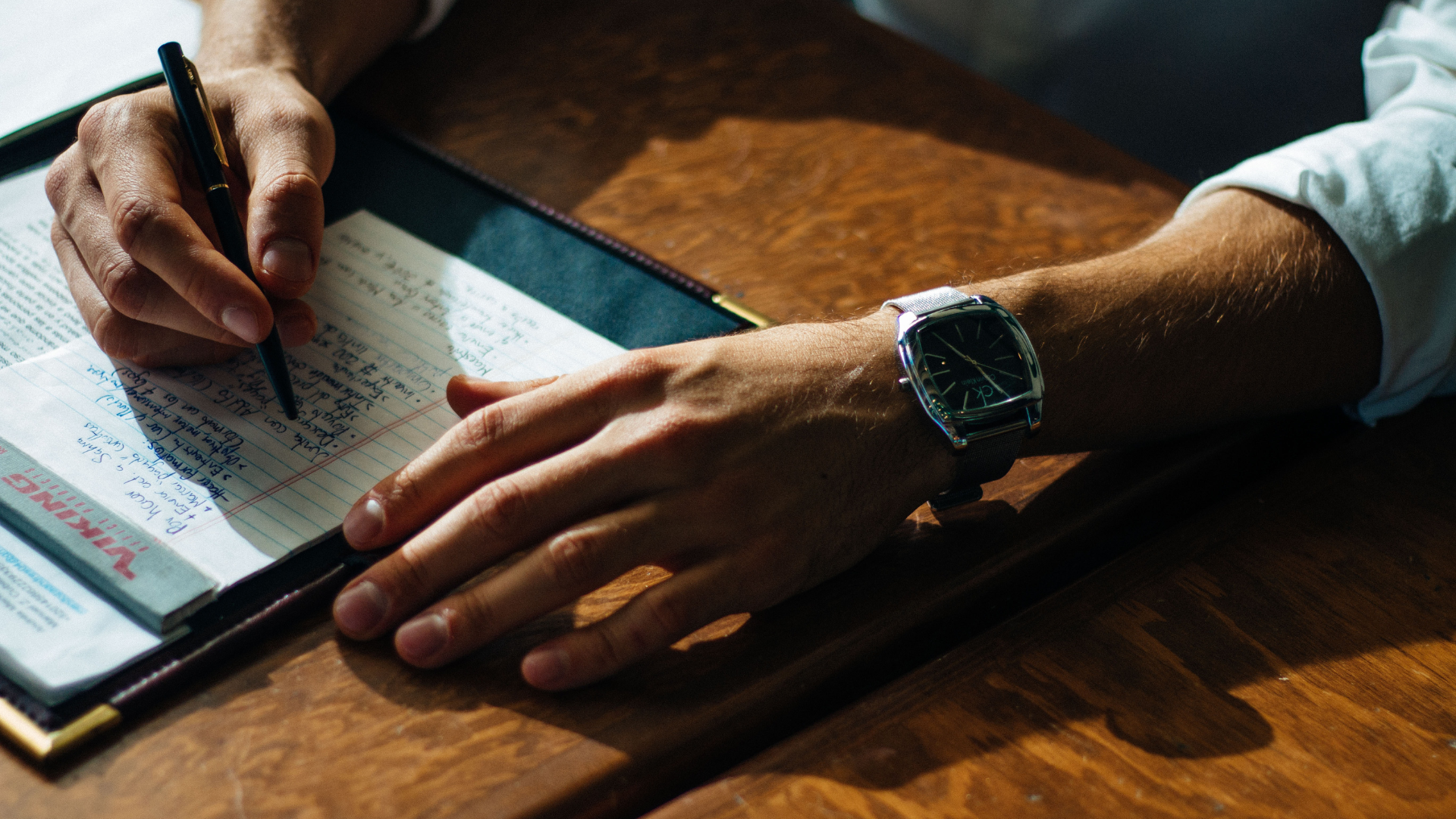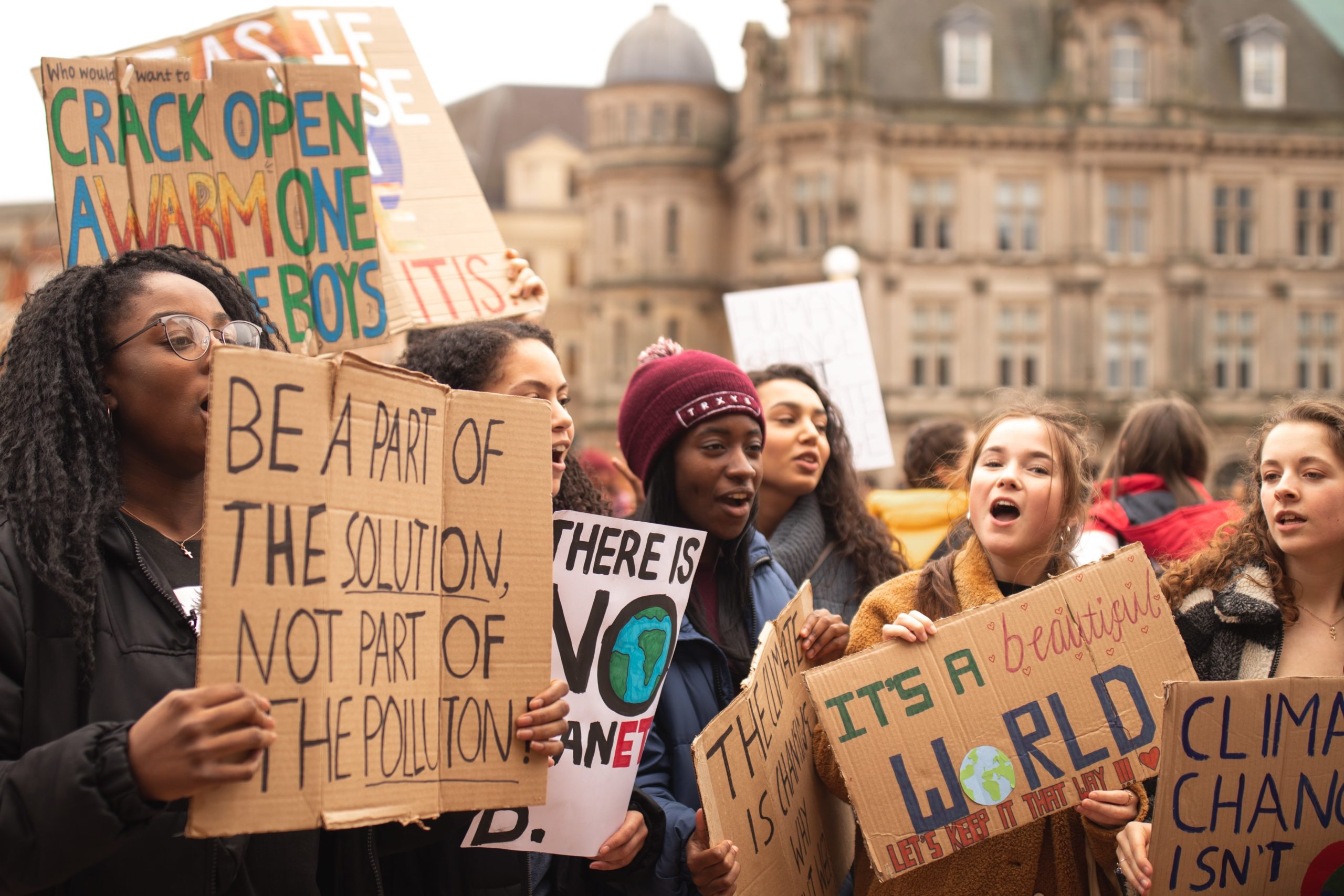 Can you think of a time when you couldn’t get started on the project that was sitting in front of you no matter how hard you tried? Have you encountered moments in your day when you just can’t seem to get anything else done?Well, if you answered yes to any of these questions, don’t worry because I have some tips for you!
Can you think of a time when you couldn’t get started on the project that was sitting in front of you no matter how hard you tried? Have you encountered moments in your day when you just can’t seem to get anything else done?Well, if you answered yes to any of these questions, don’t worry because I have some tips for you!
- Schedule time in your calendar to do your work. I would guess that you have probably had a day where you have accepted calendar invite after calendar invite eventually leading to a day that is filled with meetings. However, if that is the case, when are you supposed to do your work? David Allen, productivity expert and author of Getting Things Done, recommends scheduling time in your day to complete your work and not just scheduling time for meetings with others. This way you know you will have dedicated time to finish what you need to get done.
- Take a break to get more done. I know this sounds counterintuitive, but research shows that taking breaks actually leads to getting more done in the day. The human brain needs a 15 minute break every 90 minutes in order to maintain high levels of energy. After the short break, you will come back feeling renewed and refreshed so you can continue to work at your best. You can trust me on this one, or you can click here to read an example from the Harvard Business Review Blog Network of how breaks enable people to be more productive.
- Apply the “five minute test” when inertia strikes. If you need to do something that you know is going to be difficult or complex, it is often hard to get started. The next time you need to work on task that you don’t want to do, tell yourself, “I will work on this for five minutes. If I still can’t do it after the five minutes is up, then I will move onto something else.” More often than not, you won’t quit after those first five minutes as you have gotten over the most difficult hurdle of starting. This also works because in those short five minutes you have stopped distracting yourself with social media, email, texting, etc. and you are finally able to focus on what you need to get done.
- Always be prepared for “bonus time”. Jason Womack, author of Your Best Just Got Better has coined the term “bonus time” which is defined as “unexpected blocks of free time.” He says that you should always be prepared for bonus time by bringing small amounts of work with you wherever you go. When a meeting finishes 15 minutes early or your flight is delayed, you now have “bonus time” work ready to go that you can get started on!
- Stop multitasking! Seriously, we need to stop multitasking. There is a myth in our culture where people believe that multitasking leads to getting more done and in a shorter amount of time. Well, let me tell you, that is not true. According to researcher Tony Schwartz, co-founder of The Energy Project, multitasking is defined as moving rapidly between two or more tasks. When we are multitasking we are actually doing one task and then switching quickly to the other task. In a study from the University at Michigan, time accumulated when rapidly switching from one activity to the other can actually increase the amount of total time it takes to finish the primary task by an average of 25%. This proves that multitasking is unproductive and inefficient.



